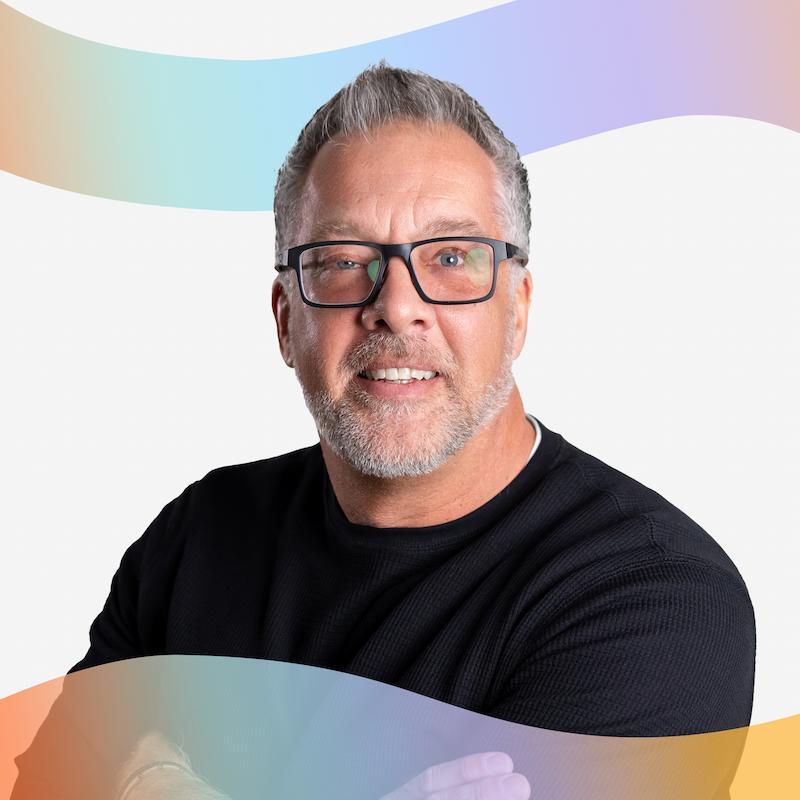
“Success is a terrible teacher,” a VP of TA warns. So learn from mistakes and keep moving forward.
There’s a reason why the title “Mom” appears before “Vice President of Talent Acquisition” on Stephanie Worley’s LinkedIn page.
“So often, women in business feel like you have to downplay, especially when you are in a leadership role, your family obligations,” she said on this month’s episode of “Unusual Attitudes.” “And for me, it’s the most important job I’ve done on earth.” Worley changed titles on her profile after her mother, who had a tremendous influence on her life, died.
Many of my podcast viewers know that I start every conversation with the phrase “Who is ____?” And I’m always surprised at the candor with which guests respond to it. In Worley’s case, she is – in order – a mom, a wife, a leader of the talent acquisition team at Bright Horizons, an advocate for women in business, and a daughter. The order of titles says a lot about where her priorities lie.
Her three children are very different from one another. When she built leadership teams, she looked for people who were different yet complementary — people who function together almost like a work family.
“You get the most out of your team when they're engaged, when they believe in where you're going,” she said. “In order to do that, you have to be a leader who brings your best self to work. The best part of me is how I am a mom.”
I had a chance to delve into more of who Stephanie Worley is. Watch our full conversation, listen to the episode, or continue reading for some quick takeaways.
Mom as inspiration
Worley’s mom was an English teacher who left the profession when the family moved from Ohio to Illinois. After her parents divorced, her mom struggled to get back into teaching. “There was not a shortage of teachers at the time,” she explained. Her mom changed careers midlife, doing a lot of different things to make ends meet.
In doing so, her mother set by example the expectation that nothing is outside of one’s reach. People shouldn't be inhibited by who they are or where they came from. Do your best and take the opportunity to put yourself out there, come what may. “The lesson I learned from my mom was don't be afraid to fail and don't be afraid to take the risk.”
That’s especially important for women to hear. I've said it to people I've worked with and women on my team. The business world has done a great disservice to women in the past, and while much has improved, we still have a long way to go.
Being encouraged to take a leap of faith is a hard thing to say and an even harder thing to do. Worley had some useful advice for encouraging the next generation of corporate women to stride confidently into uncertainty.
Success is a terrible teacher
One, support one another. One reason why Worley is comfortable with the unknown is because of a strong network of supporters. “When I started my career, I worked in an organization that was primarily led by women,” she said, “and we weren't always supportive of each other. Sometimes we were our own worst enemies.”
Two, know what you’re talking about. Evaluate risk, determine if it’s worth moving forward, and make sure there’s a backup plan if all else fails. “Don’t be afraid to learn from your mistakes,” Worley said, “and don't beat yourself up about it. Success is a terrible teacher.”
I believe men have a role to play here too. We need more forceful advocacy from the male side to promote equal opportunity and equal support in the workplace. Some men don’t understand what or how they can help in that cause, so I asked Worley for advice.
“The best thing that my male colleagues could do would be to listen, respect, and value my opinion,” she responded. “Being an advocate is listening to what I have to say.”
Show up differently
There’s power in her words. Making us think about what we say and how we act is how we grow. It's not necessarily a risk or fearless, but it's doing it in a way that's productive. So help others who are genuinely trying to learn, change, and grow. I grew up at a time when if you were not in my affinity group, you were thought to be less than.
And for others who grew up under similar times, there’s a strong desire to break those molds, but no easy path to do it.
“We just have to show up differently,” Worley said. “Women have to be able to have those conversations, and difficult conversations are hard to have for most people.”
That’s why she takes the time to mentor. “It's important for men to not just mentor other men, you have to pull women into those programs, and you invite them to have a seat at the table.”
Spoken like a true mom.
Get the latest talent experience insights delivered to your inbox.
Sign up to the Phenom email list for weekly updates!









